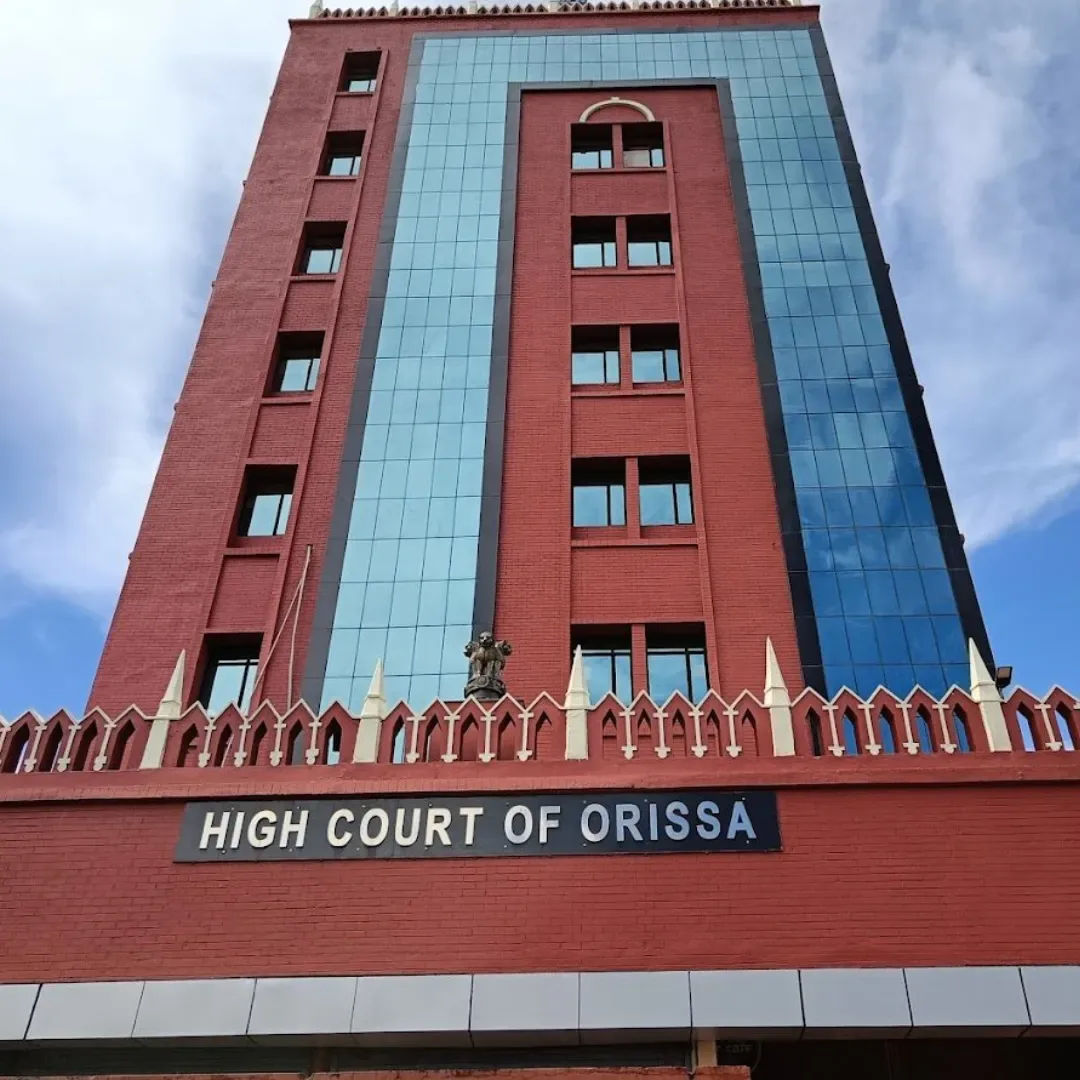22
Orissa High Court Judgement: This comment was made by a single bench of the Orissa High Court. The bench dismissed the petition to conduct a DNA test of the opposing side in a case of property sharing.
Orissa High Court Judgement: The Orissa High Court has said in an important judgment that despite the mother’s statement, the child’s direction to conduct a DNA test will be against her motherhood and against the law. This comment was made by Justice BP Rautre, a single bench judge of the Orissa High Court, who dismissed the petition to conduct a DNA test of the opposing side in a property sharing case. The opposing side challenged the decision of the lower court in which a person was refused to direct DNA test. Justice Rautre said in his judgment on 1 September that I do not think it would be appropriate to direct the person to conduct a DNA test in this matter. There is no flaw in the order of the lower court dismissing the petitioner’s petition. As a result, the Civil Miscellaneous Petition (CMP) is dismissed. The court also said that the person concerned is now 58 years old. Therefore, the lower court has rightly stated that at this time no meaningful results will be produced by directing DNA tests.
DNA test not relevant in property sharing
Justice Rautre said that in this case it is definitely for the division, where the opposing side, despite the evidence of a person’s mother, disputes her being a parent. The person’s mother has said in her cross -examination that the person is her son through Thauta Budula. Apart from this, the opposition side, Thauta Budula, who is now dead, does not dispute the mother’s position as the wife, nor does he dispute the legitimate marriage between Thauta Budula and mother at any time. The court said that the opposition side, being a third person, is not even authorized to do so and said that in such a situation, it would be an insult to her motherhood to conduct a DNA test of the child on the basis of the mother’s confession and would be against the law mentioned in Section 112 of the Evidence Act. In addition, the court said that it is beyond comprehension how DNA testing will be relevant in such a case of partition, where it is necessary to see the situation as joint family members of the parties to determine their respective parts.
Section 112 of Evidence Act will have to take care
The court said that it is important to remind here that the recognition of a person as the son of another should not be determined only on the basis of blood relation, but his recognition is important in the society. The court also said that in our view, when a person has a clear conflict between the right to privacy (not forcibly conduct medical examination) and the duty of the court, the court should use its discretion to use the interests of the parties and only after considering the appropriate consideration on whether the DNA test is extremely important for the justified decision in the case. The court said that in the case related to paternity of a child, whenever such requests are made, the DNA testing should not be directed by the court normally or regularly. Justice Rautre said in his judgment that the court would have to consider various aspects, including estimates under Section 112 of the Evidence Act, the opposition and the opposition and the supreme need testing, whether it is not possible for the court to reach the truth without such a test.
Also read: Supreme Court angry over delay in uploading High Court order, directed to seize Steno Book


